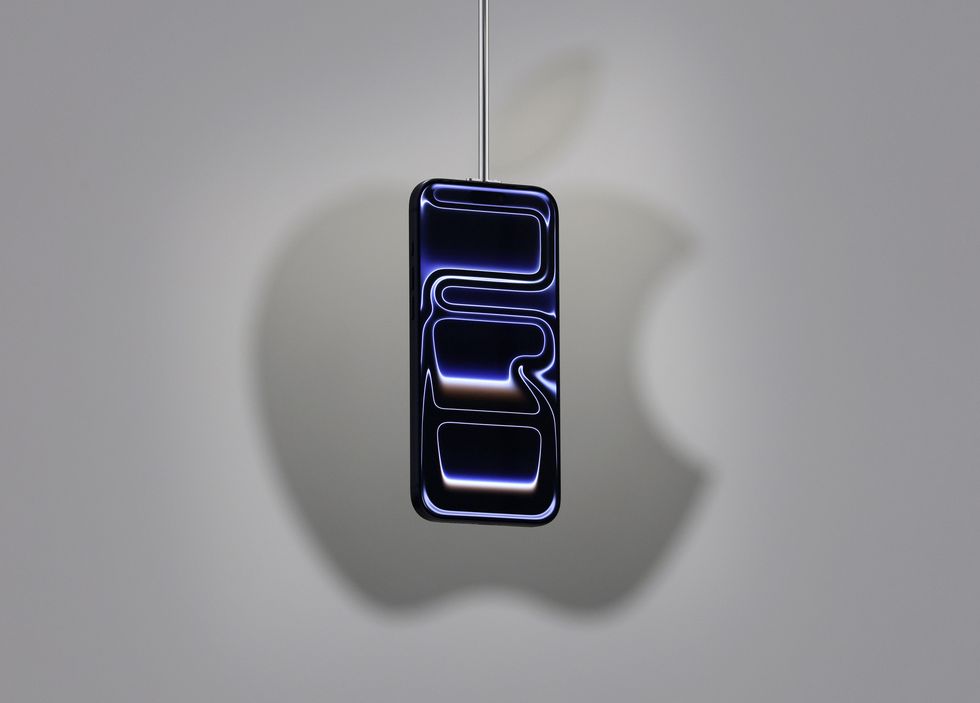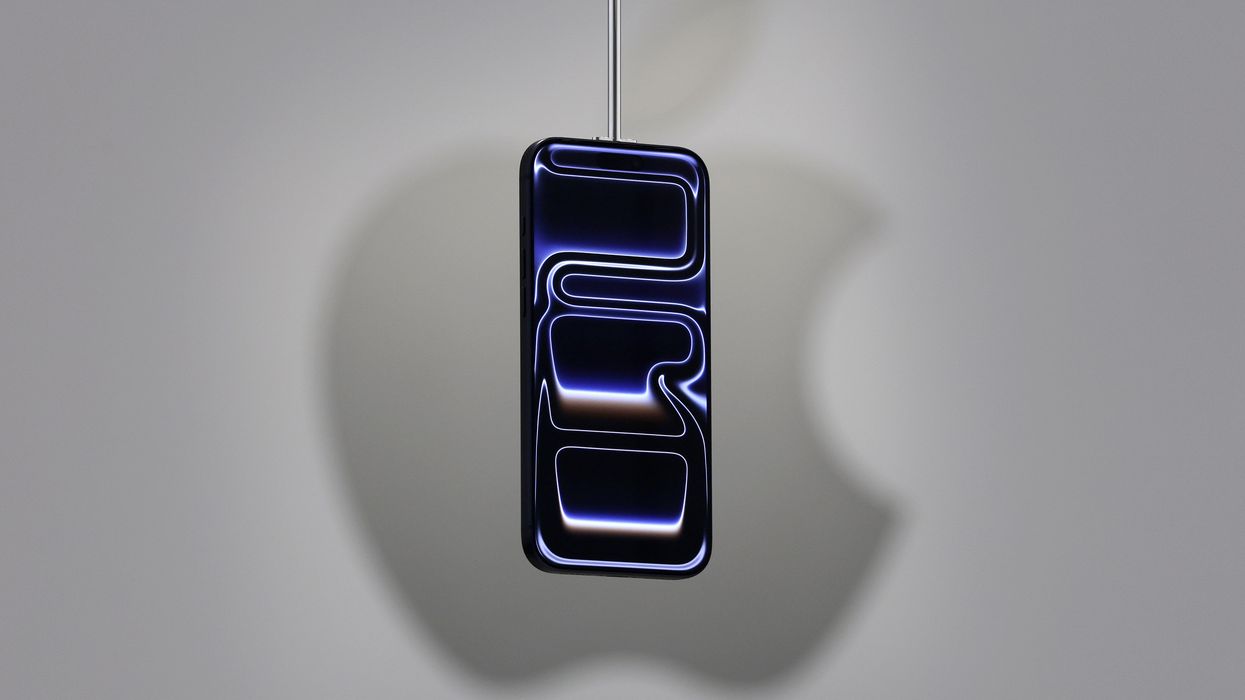Apple is falling — is the smartphone next?


Beyond the products that it sells, Apple has curated a certain Californian ambience: clean, controlled, and intuitive. For two decades, to hold an iPhone was to hold the prevailing narrative, a polished glass and aluminum talisman that felt like the future. Now, in the era of generative AI, that carefully crafted image has begun to fray. The decline of a giant comes as a quiet, gathering irrelevance, a sense that the story is being written somewhere else.
Live Your Best Retirement
Fun • Funds • Fitness • Freedom
The new story is one of chaotic, emergent intelligence, of conversations with digital ghosts. It is the story of ChatGPT, of Google Gemini, of AI agents that can write code, book vacations, and provide customer support. This is a software and cloud revolution, a paradigm built on the messy, probabilistic, data-hungry working of neural networks, everything Apple’s walled garden was designed to keep out. The company that perfected the closed system now finds itself outside the conversation. Its legacy, a fortress of seamless hardware integration and a loudly proclaimed commitment to user privacy, has become a gilded cage.
'You may not need an iPhone 10 years from now,' Apple’s own services chief admitted.
History offers its cautionary tales, filed away like old Polaroids. We remember Nokia, the Finnish titan that mistook its dominance in feature phones for permanence, only to be washed away by the touch-screen tide. We remember BlackBerry, clinging to its physical keyboards while the world learned to type on glass. These were not failures of engineering so much as failures of imagination. They missed the turn.
Apple, having once been the disruptive force, now stands at a similar junction, haunted by the specter of becoming the Nokia of the AI age. The iPhone, the very vessel through which millions first touched the future, is now a device whose smartest component is often a third-party app.
To understand this deficit, one need only speak to Siri, Apple’s voice assistant, now 14 years old and trapped in a kind of digital adolescence. Introduced in 2011, Siri was a marvel of command-and-control. It could set a timer, call your mother, check the weather. It operated on a vast, brittle architecture of predefined rules, a meticulously scripted performance. But the world moved on. Generative AI models like GPT-5 do not follow a script; they improvise, generating answers word by word from the patterns of a vast ocean of data. They are flexible, conversational, and sometimes creatively untethered from fact.
This very unpredictability is anathema to Apple. The company built its empire on products that just work, on a promise of flawless, deterministic quality. To release an AI that might confidently invent a historical date or fabricate a legal precedent runs counter to its ethos. The innovator’s dilemma has struck Apple hard. The principles that guarantee quality also breed caution. While competitors were launching public betas and letting users witness the strange, sometimes unnerving, birth of a new intelligence, Apple was caught flat-footed, debating internally whether to build on-device models for privacy or powerful cloud services for performance.
The company chose to wait, to perfect, and in so doing, it ceded the narrative. Soon after “Apple Intelligence” was announced, its most ambitious features were revealed to be mock-ups, delayed until 2026. The future had been postponed.
RELATED: 'Transhumanist goals': Sen. Josh Hawley reveals shocking statistic about LLM data scraping
 Photo by Kent Nishimura/Getty Images
Photo by Kent Nishimura/Getty Images
The locus of “magic” is no longer the device itself but the intelligence that flows through it. Younger users, professionals, and creatives have integrated AI into their workflows, delegating tasks not to their operating system but to a chatbot. The interaction model is changing from direct manipulation, the taps and swipes Apple perfected, to dialogue. We no longer just command the machine; we converse with it.
In this theater of interaction, Siri has become a punch line, a relic of a simpler time, asked to perform basic tasks with the low expectations one might have for an unclever child. The perception is corrosive, undermining the very image of technological supremacy upon which Apple’s brand is built.
Steve Jobs envisioned technology as a tool to augment human creativity, to serve the user with elegant invisibility. Generative AI presents a different proposition: an active collaborator that anticipates and acts. It blurs the line between tool and agent, a line Apple has policed with rigor. The company’s laudable defense of privacy becomes a handicap in a world where AI models are fed on colossal streams of data. Apple is attempting to build a private, secure, and responsible AI, to get it “right” rather than “first.” It’s an admirable goal, but one that assumes time is a resource Apple still possesses.
The deeper question, whispered in the offices of Cupertino and now openly debated, is whether the smartphone itself is nearing obsolescence as a primary device. If cloud-based AI agents become the new tool, accessible from any screen or speaker, then what is the purpose of a meticulously crafted piece of hardware? “You may not need an iPhone 10 years from now,” Apple’s own services chief admitted, a startling concession to the tectonic plates shifting beneath Apple. The company that defined personal computing for a generation must now contemplate a future where the experience matters more than the device. It must learn to write a new story, one in which it is not the primary author. The silence from its devices is not a sign of failure, not yet, but of a frightened hesitation. The world is humming with a new kind of intelligence, and for the first time in a while, Apple does not seem to know the tune.
Originally Published at Daily Wire, Daily Signal, or The Blaze
What's Your Reaction?
 Like
0
Like
0
 Dislike
0
Dislike
0
 Love
0
Love
0
 Funny
0
Funny
0
 Angry
0
Angry
0
 Sad
0
Sad
0
 Wow
0
Wow
0














































































